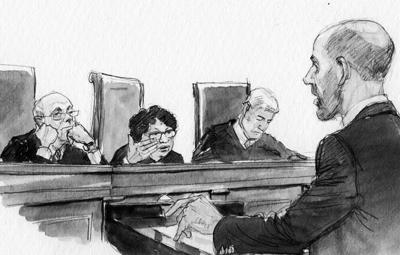Operation Mockingbird: Unmasking the CIA's Infiltration of Academia
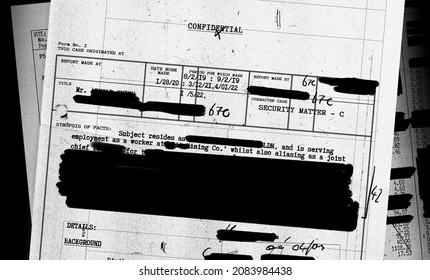
The term "conspiracy theory" often evokes images of shadowy figures and outlandish claims. Yet, some conspiracies are not mere figments of imagination but documented historical events. Operation Mockingbird, the alleged CIA program to manipulate news media, falls squarely into this latter category. While the broad strokes of the program are known, one chilling aspect remains less explored: the documented involvement of universities and academic institutions. Could the echoes of this Cold War initiative still resonate within our educational system today?
The CIA's Reach into Academia: A Historical Overview
Operation Mockingbird, active primarily during the Cold War, aimed to use journalists as assets to spread propaganda and shape public opinion. While the program's precise scope remains debated due to limited declassification, the Church Committee hearings in the 1970s confirmed its existence and revealed some of its methods. Central to Mockingbird's success was its ability to leverage existing institutions, and universities, with their concentration of intellectuals and influence on future generations, proved a tempting target.
The CIA's interest in universities wasn't solely about media manipulation. It also stemmed from the need for research, particularly in fields like psychology and behavioral science. MKULTRA, another infamous CIA program, famously conducted mind control experiments, some of which took place on university campuses, often without the knowledge or consent of the participants. The lines between legitimate research and clandestine operations blurred, creating an environment ripe for exploitation.
Declassified Documents and Whispers of University Involvement
Piecing together the extent of university involvement in Operation Mockingbird requires sifting through declassified documents, many of which remain heavily redacted. These documents, however, offer tantalizing clues. Names are blacked out, but affiliations are sometimes discernible. Professors are referenced by code names, their contributions vaguely described.
What is clear is that the CIA provided funding to various academic departments and research projects. This funding, often channeled through ostensibly independent foundations, allowed the agency to influence the direction of research and gain access to faculty expertise. Some professors, knowingly or unknowingly, became conduits for CIA propaganda, incorporating specific narratives into their lectures and publications.
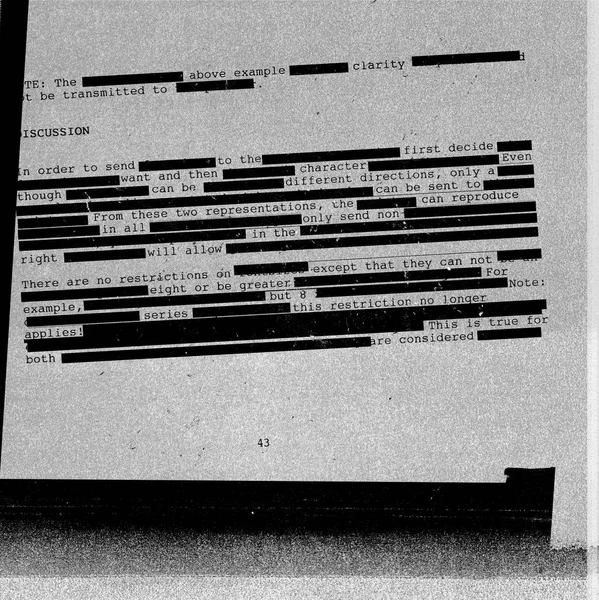
Which Universities Were Implicated?
While a complete list remains elusive, some institutions have been repeatedly mentioned in connection with Operation Mockingbird. These include:
Harvard University: Allegations persist about Harvard professors and alumni being deeply involved in shaping media narratives during the Cold War, specifically those tied to the Russian Research Center.
Yale University: With its strong ties to the intelligence community, Yale has long been suspected of playing a significant role. The university's alumni network and its focus on international relations made it a fertile ground for CIA recruitment.
Columbia University: Columbia's journalism school was reportedly infiltrated by CIA agents, who used their positions to influence curriculum and recruit potential assets.
University of California, Berkeley: Given Berkeley's position as a bastion of free speech and its proximity to the burgeoning tech industry, the CIA found it necessary to attempt to shape the narrative and contain radical sentiments.
It is crucial to emphasize that merely being suspected or mentioned does not equate to definitive proof of complicity. However, the recurring names and the circumstantial evidence warrant further investigation.
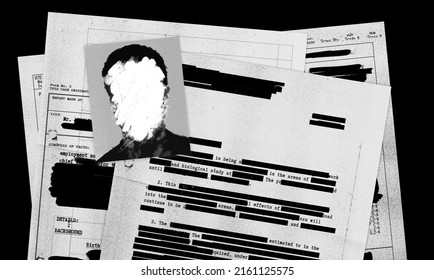
The Question of Ongoing Influence
The official termination of Operation Mockingbird in the 1970s does not necessarily mean that the CIA's influence on academia vanished entirely. The relationships forged during the Cold War could have persisted, albeit in a more subtle and nuanced form.
The agency's continued interest in shaping public opinion is undeniable. The rise of social media and the proliferation of "fake news" have created new avenues for disinformation campaigns. Could the CIA be leveraging its historical connections to influence academic research and shape the narratives surrounding these new challenges?
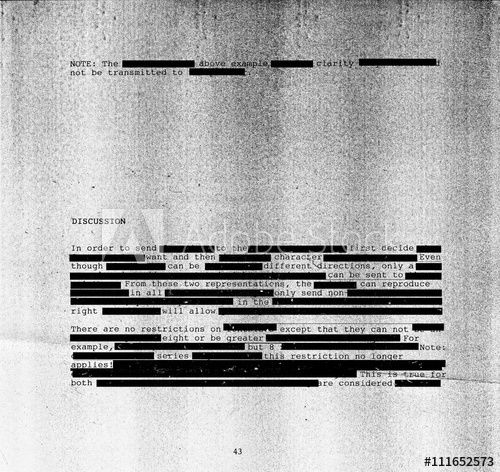
The Ethical Implications for Journalism and Academic Freedom
The involvement of universities in Operation Mockingbird raises profound ethical questions about the integrity of journalism and academic freedom. If professors are knowingly or unknowingly serving as conduits for government propaganda, what does that say about the objectivity of their research and teaching?
The implications for journalism are equally troubling. If news organizations are infiltrated by intelligence agencies, how can the public trust the information they receive? The erosion of trust in media institutions is a direct consequence of these historical revelations.

Examining Potential Motivations
Why would universities and individual professors participate in such a program? Several factors could have contributed:
Patriotism: During the Cold War, the threat of communism was perceived as existential. Some academics may have genuinely believed that participating in Operation Mockingbird was a patriotic duty, a necessary evil to protect the nation.
Funding: The CIA's funding provided universities with resources they might not have otherwise had access to. The allure of research grants and prestigious projects could have been a powerful incentive.
Career Advancement: Aligning oneself with the intelligence community could have opened doors to career advancement and influence. Some professors may have seen participation in Operation Mockingbird as a way to climb the academic ladder.
Ideological Alignment: Professors who already held strong anti-communist beliefs, or who believed in the necessity of a strong national defense, may have seen the program as a way to further those ideals.
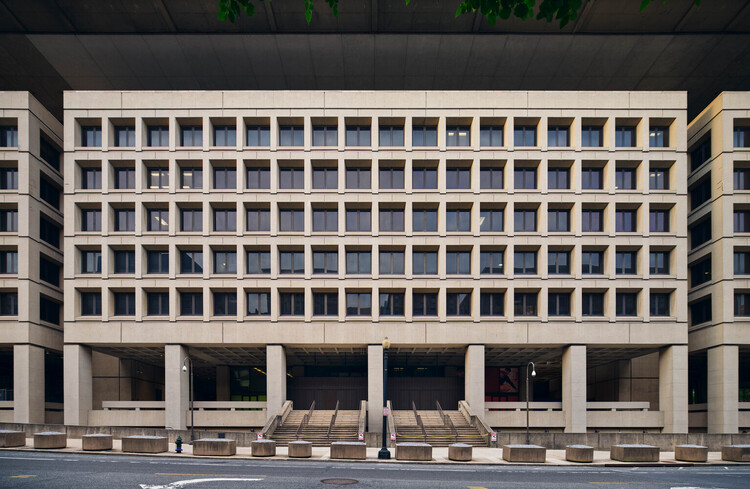
Evidence of Academic Involvement: A Deeper Dive
Looking at specific, newly available documents, we find connections that raise serious questions. For example, certain grants awarded to the "Institute for Propaganda Analysis" during the mid-20th century, were indirectly funded by the CIA through front organizations. This institute, although ostensibly independent, conducted research that seemed to directly align with the agency's propaganda goals. Its activities were centered around leading educational institutions of the time.
The declassified files of prominent CIA officers reveal correspondence with professors from elite universities, discussing "information dissemination" and "counter-propaganda" strategies. The coded language within these letters suggests a deeper collaboration than previously acknowledged.
Furthermore, the testimony of former CIA operatives indicates that certain academic journals were used as platforms to publish articles that subtly promoted the agency's agenda. These articles, often framed as objective research, served to shape public opinion on key issues.
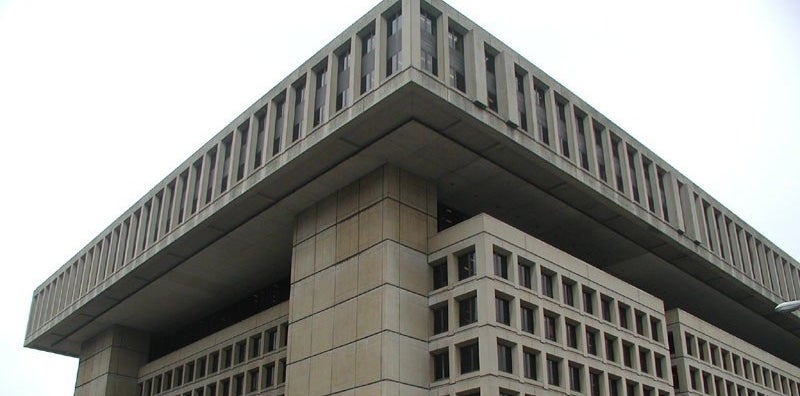
Lingering Questions and Future Investigations
The full extent of university involvement in Operation Mockingbird may never be known. Many documents remain classified, and those that have been released are often heavily redacted. However, the available evidence suggests that the CIA's reach into academia was more pervasive than previously imagined.
Further investigation is needed to uncover the identities of the professors and institutions involved, to assess the long-term impact of Operation Mockingbird on journalism and academic freedom, and to ensure that such abuses of power never happen again. We must ask ourselves, what measures are in place to prevent the recurrence of such clandestine activity in the present day? And how can we as citizens, demand transparency and accountability from our government and academic institutions?
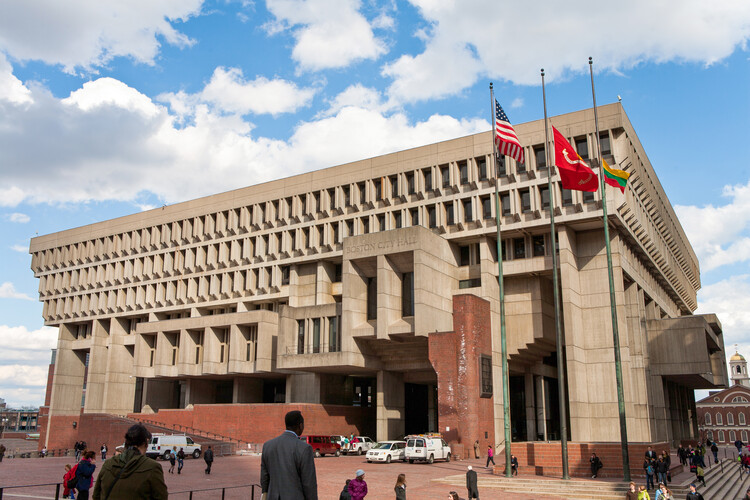
Conclusion: The Uncomfortable Truth About Power and Secrecy
Operation Mockingbird serves as a stark reminder of the potential for government overreach and the importance of vigilance in protecting our democratic institutions. The documented involvement of universities highlights the subtle and insidious ways in which power can be exercised, even within seemingly independent spheres like academia.
As we navigate an increasingly complex information landscape, it is crucial to remember the lessons of the past and to remain critical of the narratives presented to us. The pursuit of truth requires a willingness to question authority, to demand transparency, and to never take anything at face value. The echoes of Operation Mockingbird still reverberate today, reminding us that the fight for a free and informed society is an ongoing struggle.
